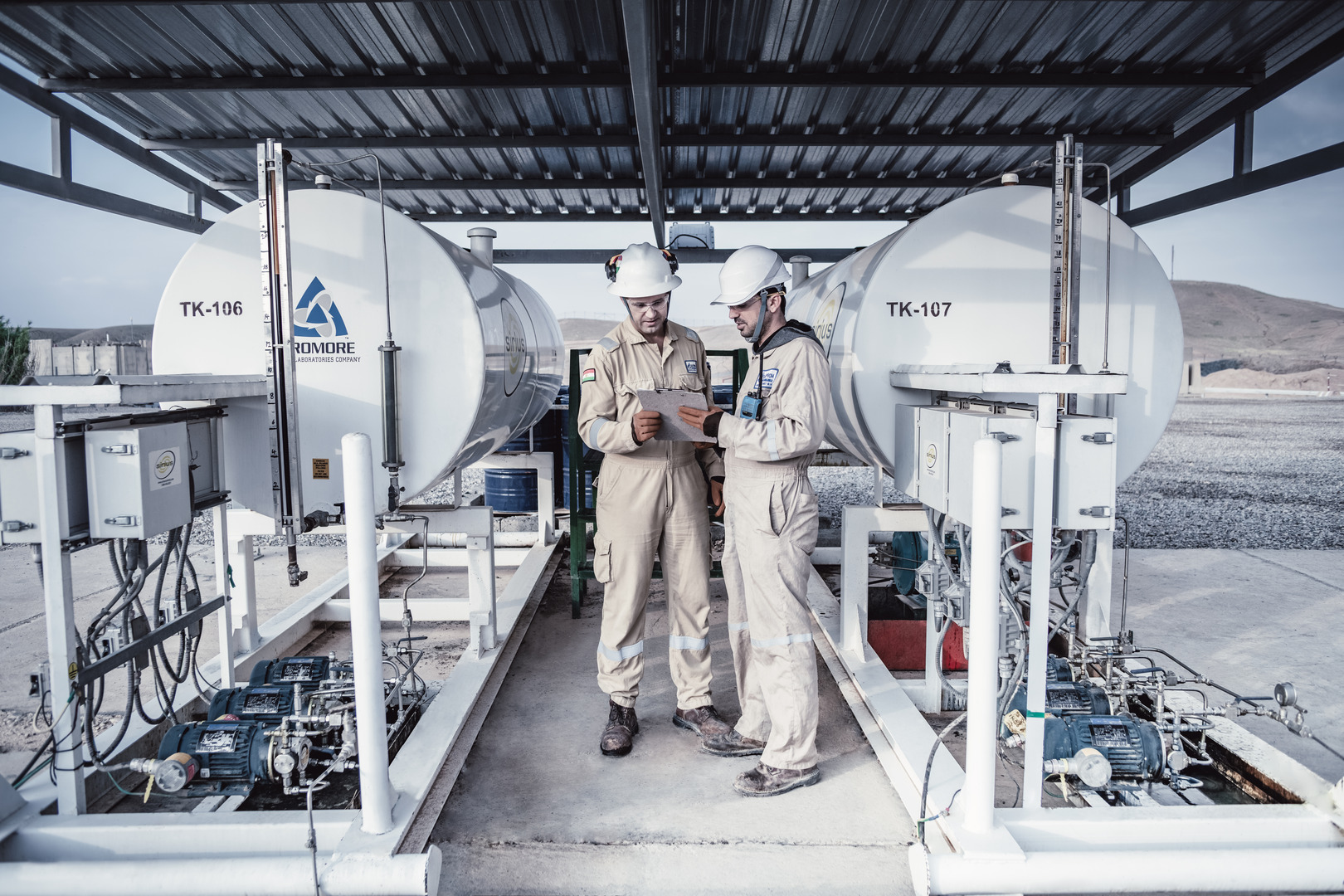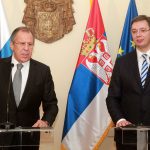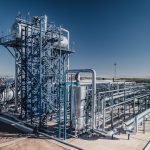
Russia Monitor is a review of the most important events related to Russian internal and external security, as well as its foreign policies.
Date: 30 November 2020
Russia Pours Money Into Iraqi Oilfields
Russian oil producer Gazprom Neft announced an increase in the production capacity in Iraqi Kurdistan – the region where it has invested most so far. Moscow’s ever-stronger position in the Kurdish energy industry offers Russia bigger leverage over the government in Baghdad. Furthermore, the Iraqi authorities have long been open to developing cooperation with Russia – not only in the domain of oil and gas.

Iraqi Kurdistan now hosts Gazprom Neft Middle East B.V., Gazprom Neft subsidiary. The company’s production in Iraqi Kurdistan has reached 4 million tons, or 32 million barrels, since the beginning of commercial production at the Sarkala field. Currently there are three wells producing some 24,000 barrels of crude oil. The Sarkala field is part of the Garmian cluster. The first drilling took place in 2011 while commercial production followed in 2015 after the commissioning of the Sarkala-1 well. The Russian oil company opened more wells in 2018 and 2019. Gazprom Neft Middle East B.V. is setting its eyes on a fourth production well at its Sarkala field in the Kurdistan Region of Iraq to boost its daily output to 32,000 barrels. The well’s commissioning is scheduled for the first half of 2021. In Iraqi Kurdistan, Gazprom Neft extracts crude oil under two projects – Garmian and Shakal – where it holds stakes. The field development is performed by a joint venture owned by Gazprom Neft (40 percent) and by the Canadian company WesternZagros Resources (40 percent). The remaining 20 percent of the venture is controlled by the Kurdistan government. The share of Gazprom Neft in the Shakal block totals 80 percent, with the remaining stake owned by the government of the Kurdistan region. Gazprom Neft subsidiary is involved in the Kurdish government-run project to develop the region’s energy supply system. Petroleum-derived gas, a by-product of the crude oil extraction, will serve as fuel in the energy-producing facility built by the authorities of the autonomy. Under the project, it is planned to build a 4.5-kilometer gas pipeline to link the Russian-exploited oilfield and generating plants. Gazprom Neft projects are not the sole display of the ever-growing presence of Russian energy businesses in Iraqi Kurdistan. The fall of 2017 saw a grand market entry of Rosneft. Russia’s biggest crude oil firm inked a $3.5 billion deal with the local government, purchased a majority stake in the pipeline supplying Kurdish commodity to Turkey, and vowed to build a parallel gas link. By propping up its energy footprint, a domain of critical importance for both the autonomy and whole of Iraq, Russia has bigger political leverage over Baghdad. 2019 saw Russia invest a total of $10 billion in the Iraqi energy sector. According to government officials in Moscow, Zarubezhneft, Tatneft, and Rosneft are planning new projects worth twice as much.
Support Us
If content prepared by Warsaw Institute team is useful for you, please support our actions. Donations from private persons are necessary for the continuation of our mission.
All texts published by the Warsaw Institute Foundation may be disseminated on the condition that their origin is credited. Images may not be used without permission.

















